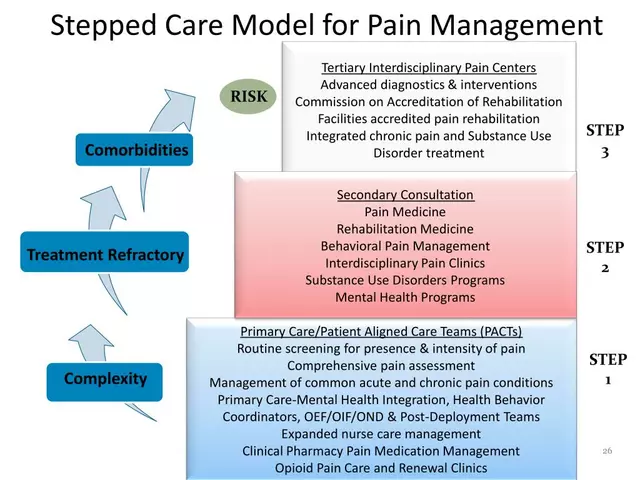Natural anxiety solution: practical steps you can use today
When anxiety hits, you want fast, real things that actually help. Medication works for many, but if you prefer natural tools or want to add safe habits, this guide gives clear, practical moves you can try right away.
Quick natural tools you can do now
Breathing: try this simple pattern — inhale for 4 seconds, hold 2, exhale for 6. Do it for 3–5 minutes to calm your nervous system. Another option is the 5-4-3-2-1 grounding trick: name 5 things you see, 4 you can touch, 3 you hear, 2 you smell, 1 you taste. Both techniques lower immediate panic and bring focus back to the body.
Move: 30 minutes of brisk walking most days reduces baseline anxiety. High-intensity bursts (even 10–15 minutes) can shift your mood quickly. Exercise helps by burning off stress hormones and boosting mood chemicals like serotonin.
Sleep and routine: aim for the same bedtime and wake time daily. Stop screens an hour before bed, keep your bedroom cool and dark, and avoid large meals or caffeine late in the day. Better sleep makes anxious thoughts less intense.
Mindfulness and CBT-style work: short, daily mindfulness sessions (5–15 minutes) train your mind to observe anxious thoughts without reacting. Cognitive Behavioral Therapy (CBT) techniques — like writing down a worry, testing its evidence, and planning a small action — are practical and proven to lower anxiety over weeks.
Supplements and diet — what helps (and what to watch for)
Food choices matter. Cut back on caffeine and high-sugar snacks; both can spike anxiety. Include omega-3-rich foods (fatty fish or a 1,000 mg fish oil supplement) and try to eat regular balanced meals to avoid blood sugar dips that trigger worry.
Some supplements show promise: magnesium (200–400 mg), L-theanine (100–200 mg), and low-dose valerian at night for sleep. Ashwagandha (300–600 mg) can help some people with chronic stress. These can help, but they don’t replace therapy. Always check with your doctor before starting supplements — especially if you take prescriptions or are pregnant.
Small lifestyle changes add up. Cut back on alcohol, manage screen time, and build social time into your week. Even short, regular habits—morning sunlight, a 10-minute walk after lunch, a wind-down routine—reduce anxiety over time.
If you want guides or product details, read our articles on supplements, sleep tips, and therapy approaches. Try one new habit for two weeks and see how you feel.
When natural steps aren’t enough, reach out for help.
If anxiety causes panic attacks, stops you from working, or brings thoughts of harming yourself, see a doctor or mental health professional now. Natural methods can support recovery, but severe anxiety often needs professional care and sometimes medication. Asking for help is a strong, smart step.
Phenibut: The Natural Solution for Anxiety, Stress, and Sleep Disorders
In my latest blog post, I've explored Phenibut, a natural solution for anxiety, stress, and sleep disorders. I've found that this supplement, originally developed in Russia, can improve neurological functions and help to reduce anxiety symptoms. It also appears to promote better sleep quality, making it a potential aid for those struggling with sleep disorders. However, it's important to note that like any supplement, Phenibut should be used responsibly, as misuse can lead to dependency or side effects. To learn more about this natural remedy, check out my full post!
About
Health and Wellness
Latest Posts


Lithium Carbonate Generics: What You Need to Know About Serum Levels
By Marcel Kornblum Jan 11, 2026

The Role of Ketorolac in Pain Management
By Marcel Kornblum May 13, 2023

Actigall (Ursodiol) vs Alternatives: What Works Best for Gallstones and Liver Issues
By Marcel Kornblum Dec 1, 2025

